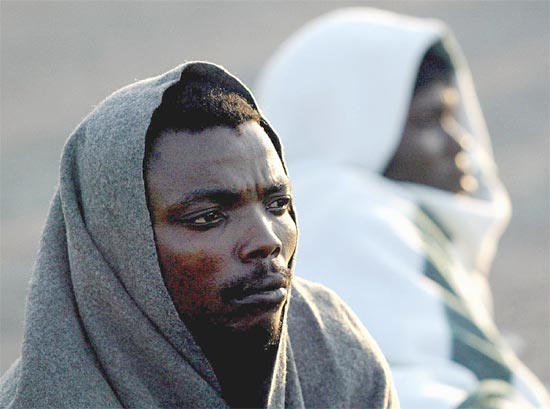EU PARLIAMENT
Distinguished guests, migrations and the Volkswagen case animated the plenary session in Strasbourg held October 5-8

A plenary session featuring distinguished guests – King Philip of Spain, French President Hollande, German Chancellor Merkel -; debates on urgent issues such as the influx of refugees, the Syrian and Libyan crises; reflections on relations with Turkey, deemed untrustworthy by everyone in terms of human rights and democracy, yet an indispensable partner in the management of migration flows. The European Parliament gathered in plenary meeting from 5 to 8 October, confirming its “mounting” role within Community institutions dynamics. Refugee crisis. On October 6 a lively debate in the assembly hall on the migration emergency involved EU Council and Commission. Donald Tusk, president of the European Council, said: “Hundreds of thousands of refugees go to Europe because they know that our community is still the most open and tolerant of all”. It is thus “our common obligation to assist refugees as well as to protect the EU’s external borders”. Indeed, “the first commandment today is the restoration of control on the EU´s external borders as a conditio sine qua non of an effective, humanitarian and safe migratory policy”. Jean-Claude Juncker, president of the Commission, declared: “We cannot just focus on ourselves. We must be sensitive to issues that involve us in the periphery of Europe. Turkey and the European Union must follow this direction together”. In fact, Ankara, which already welcomes over two million refugees from the Middle East, fleeing from Isis and from Assad’s regime, appears to be – pointed out several MEPs – the last “humanitarian bastion” curbing “an invasion” of migrants “of historic proportions” into the EU. Various MEPs took the floor urging Member States’ governments to address the need for a common migration policy, notably in the area of reception (criterion of solidarity), providing support to frontier and Mediterranean countries in the EU without renouncing “relocation” and renewed cooperation with Countries of departure and transit. Volkswagen on trial. The debates on the Volkswagen case were equally heated. MEPs discussed the exhaust emissions scandal of the German automotive company, on the basis of a parliamentary question. Commissioner Elżbieta Bieńkowska was asked to clarify whether manipulated emissions tests were also carried out in Europe and not only in the United States. A number of MEPs pointed out that “the ongoing scandal questions the reliability of the entire automobile industry”. Conversely, some other MEPs defended the industrial sector, featuring the highest growth in terms of production, commercial activity and employment. Political groups will compile a resolution up for vote during the plenary meeting of October 26-29. In her panel speech in Strasbourg German chancellor Angela Merkel replied to criticism against car pollution by the leader of the Greens Rebecca Harms: “Let us not use the Volkswagen case to blame the entire car industry”, she said. “It could jeopardize thousands of jobs throughout Europe”. The Europeanist Monarch. “Without a strong, united Europe there will be no effective response to the problems of Member States”, said King Philip of Spain in a the markedly pro-European speech delivered at the European Parliament on October 7. Speaking in the Assembly Hall on the occasion of the 30th anniversary since his Country’s ratification of the adhesion treaties to the then EEC, the Sovereign underlined that Europe has been a landing place of democracy and freedom for Spain after Franco’s dictatorship. “One cannot conceive of Spain without Europe, nor of Europe without Spain”, added Philip, emphasizing the successes of EU integration for peace, democracy, rights, welfare. He did not forget to linger on the economic crisis that has hit Europe. “To overcome the Spanish crisis”, the speaker pointed out, “the EU institutions’ support has been decisive”. After two quotations from Jean Monnet and Jacques Delors, in relating national identities to the European identity, King Philip insisted on the need to find “new, lofty common objectives for the future” of the EU integration process, starting with the “democratic legitimacy” of the common institutions, giving citizens and society more weight. Finally, a long mention of migration, to be addressed in a spirit of cooperation, within the framework of an “inescapable social dimension” of the EU.